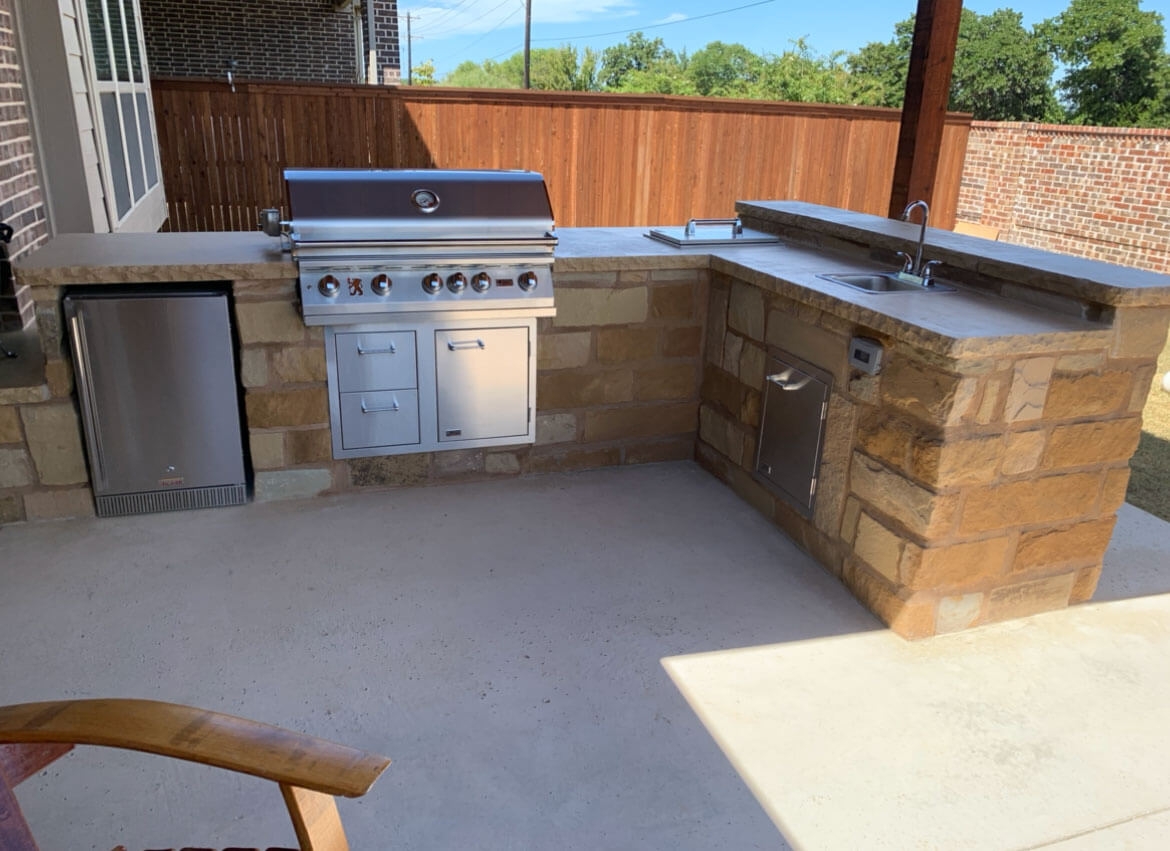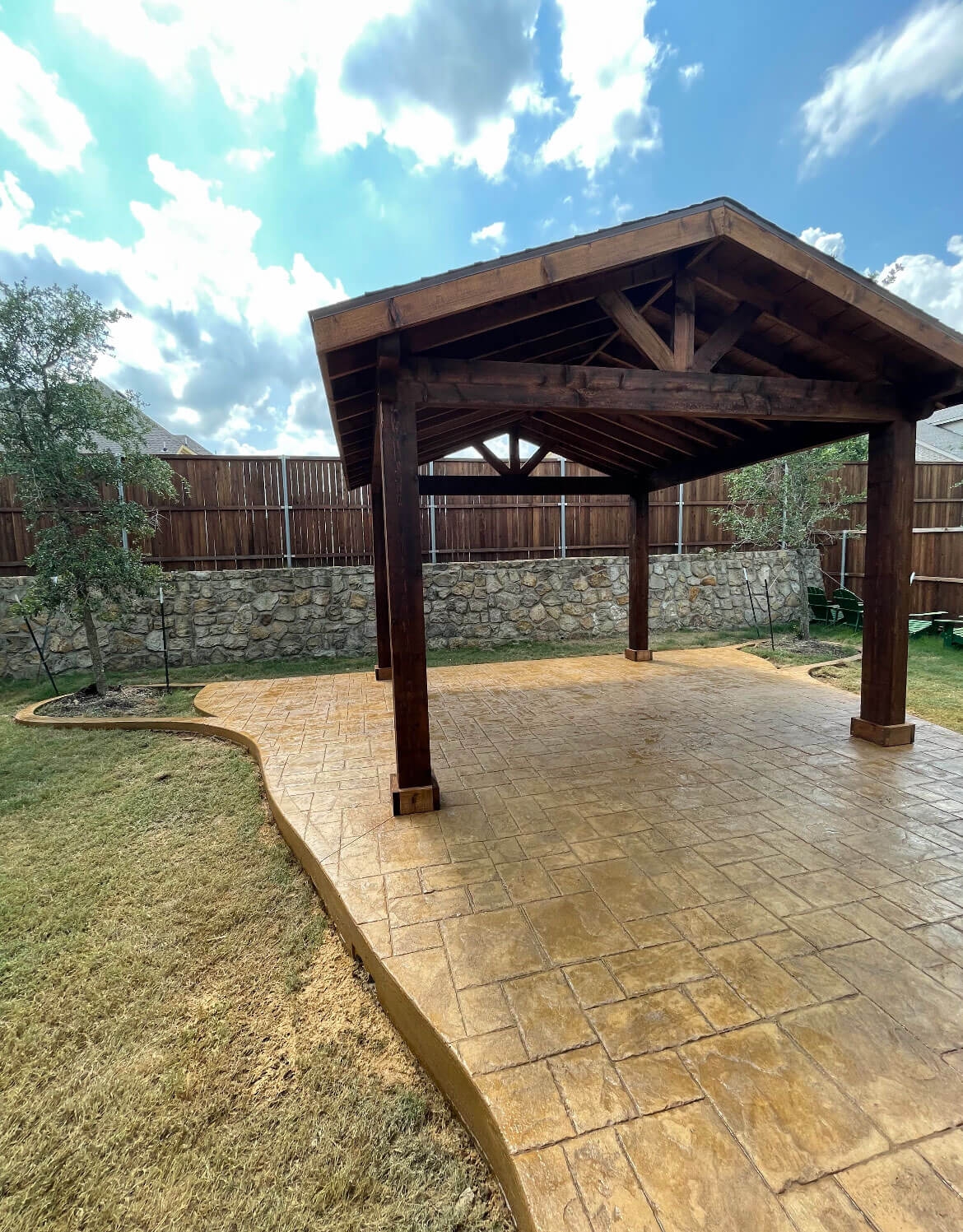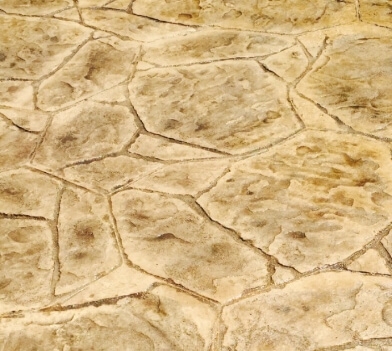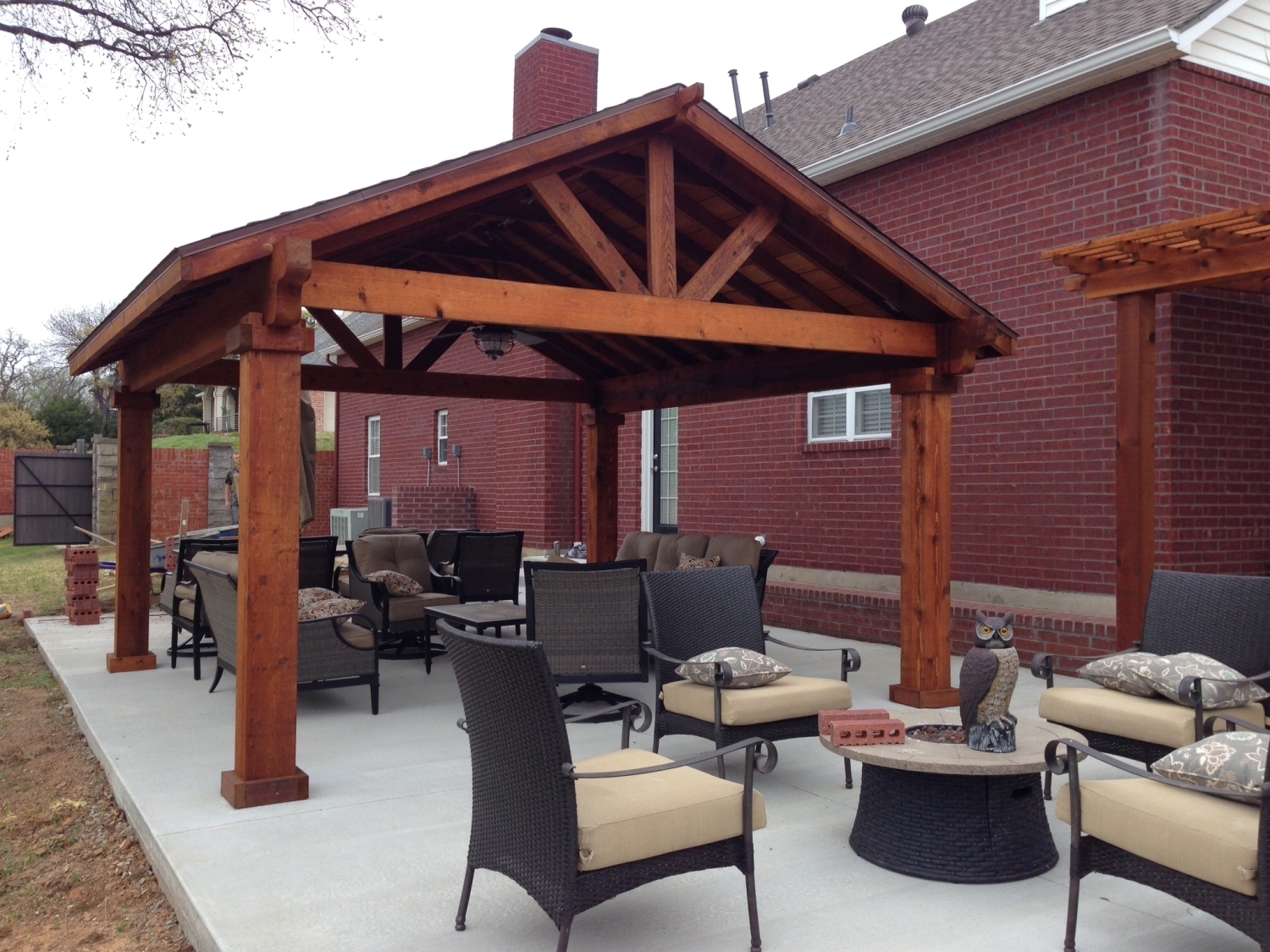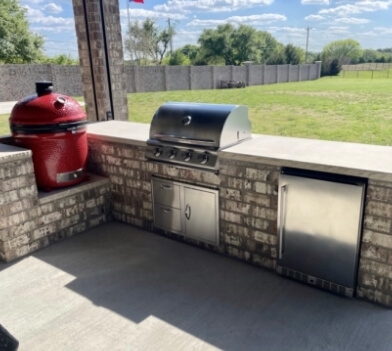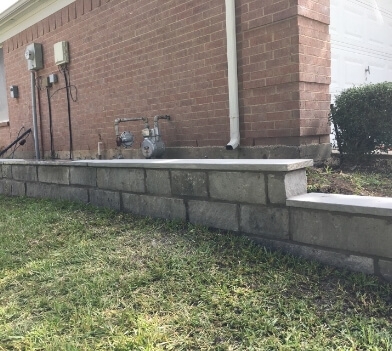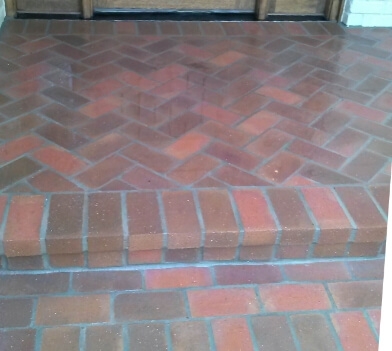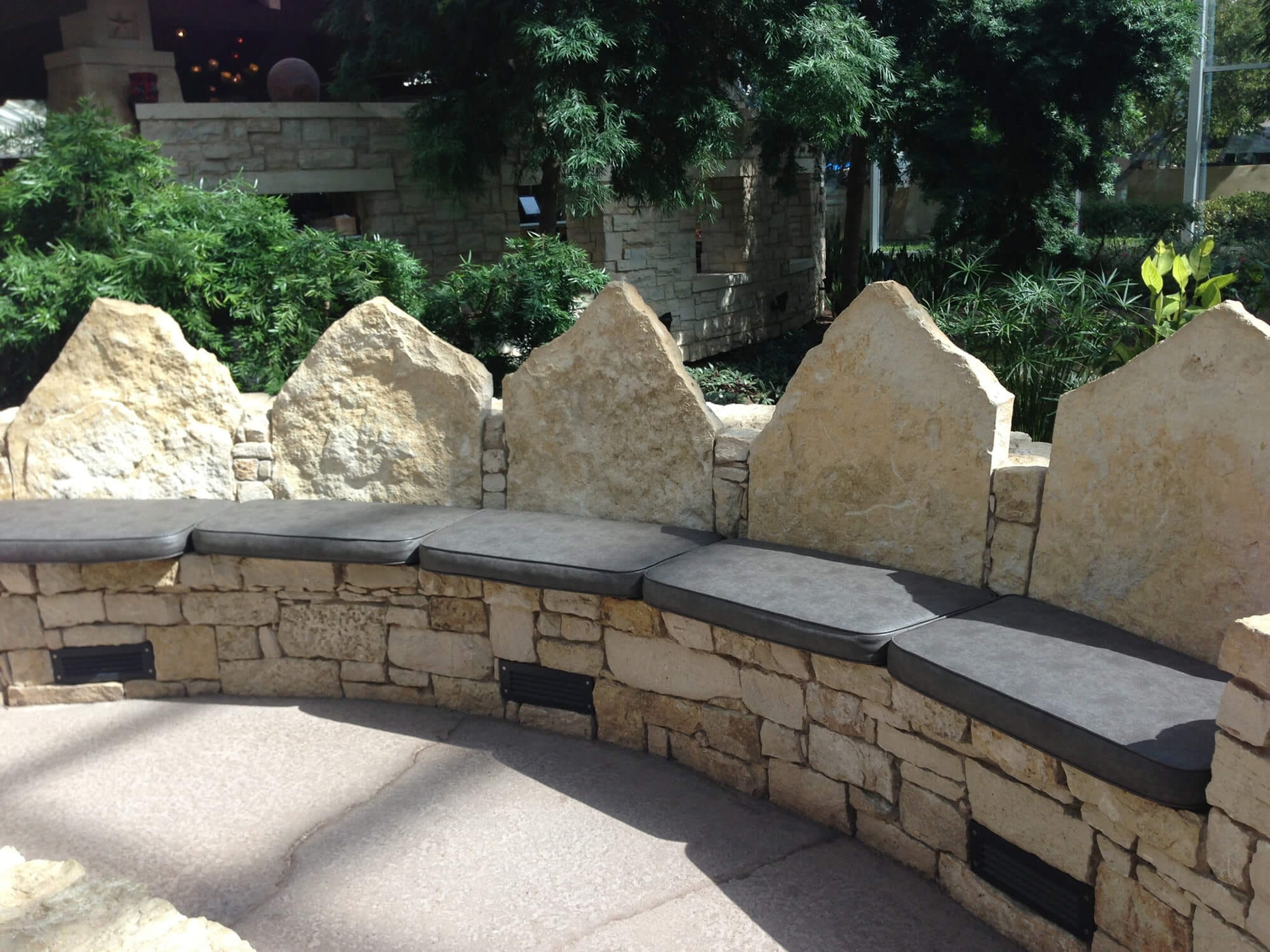McFall Masonry is often called to evaluate and repair brick cracks, mortar cracks, and foundation corner cracks. We are often asked if we warranty or guarantee our company’s workmanship when it comes to repairs.
When mortar, brick, or foundation corners crack, it’s often due to movement in the soil that we experience here in North Texas. We can certainly make them look like new, but since these cracks most likely occurred due to the ground shifting your home, it may happen again.
Unfortunately, if your home is prone to cracks induced by ground shifting, it is likely that this will occur more than once, getting worse each time. This means that your home might require annual maintenance. If mortar cracks are left unaddressed, they will continue to spread further whether it happens quickly or over time. This can be costly and lead to major structural damage, which is why it is important to treat cracks right away.
Brick Repair & Brick Restoration
When bricks crack, McFall Masonry & Construction can usually repair them without removing the brick by using rich, strong, colored mortar. Our masonry company can often come very close to the bricks’ actual colors. This method works well if the cracking is not too severe.
First, we grind or drill out the majority of the cracked outer mortar joint. Then, we install compressive strength, high PSI content mortar that binds to both sides of the brick. With this method, we aren't just patching the crack, but removing the crack and creating a new mortar joint in its place.
All of these types of repairs are applied with a compressive type of installation that the Acme Brick Company engineers have recommended for 60 years. Acme Brick has been supplying brick for the DFW area for 120 years.
We are often asked if the crack will return, and unfortunately, we cannot guarantee that it won’t. We are doing the correct type of repair, but all it takes is a shift in the foundation of your home, or a dry, wet, freezing, or extremely hot season. We see this here in North Texas all too often.
Foundation Repair
Foundation corners are also susceptible to this type of damage. When your foundation is poured, the rebar in the concrete usually does not extend all the way to the corner of the home, but will stop about 6”-8” inside the concrete. Therefore, these corners have no reinforcement holding them in place, and will often crack when the earth moves. We then must drill steel pins into the damaged area and add new concrete to the corner of the foundation. The pins will hold the new section of concrete in place.
You might wonder why all of this work is still necessary for your home. With commercial construction, we rarely see these problems, as specific practices have been put in place to avoid these problems. Unfortunately, residential construction is not held to the same standard as commercial construction, with codes and inspection processes being very different.
For Professional Masonry Restoration & Reliable Foundation Repairs, Choose McFall
While these explanations of repairs are the norm, there are always those cases that might fall outside of that. If you have any concerns, please call McFall Masonry & Construction's brick restoration experts for a consultation and FREE estimate about your particular situation. Whether you need a simple chimney repair or new brick walls, we can skillfully match brick color and restore damaged bricks with our quality workmanship. In addition, we proudly provide professional foundation repair services in Fort Worth, TX and beyond!

